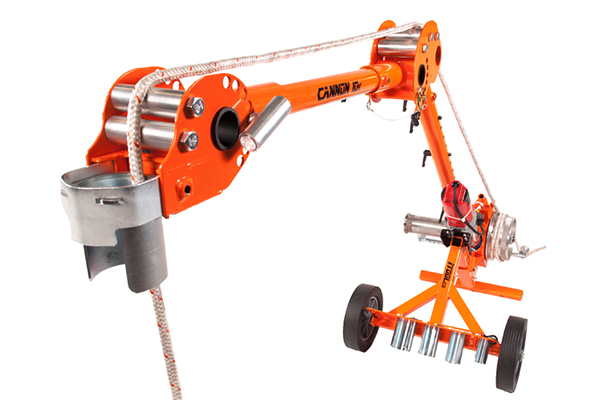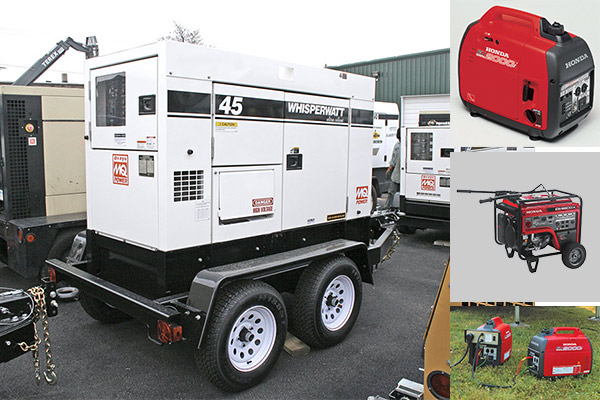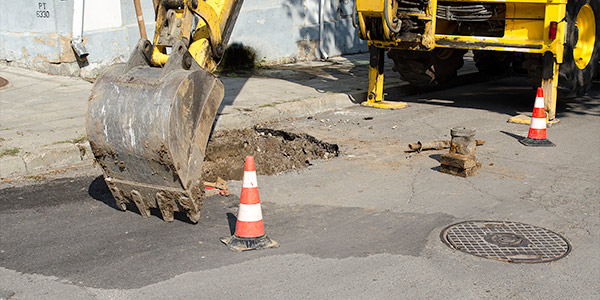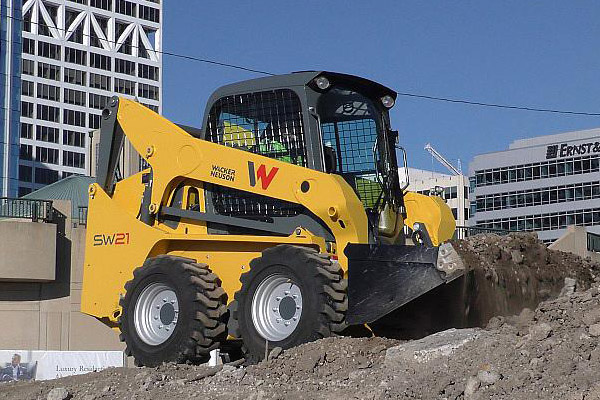
If you’re an electrician who runs your own business, you know that this industry is very project focused. Your equipment needs will change from job to job, and that means that some specialized items may go largely unused. Buying those items is usually going to be cost prohibitive for this reason. Why go with a very expensive long-term solution to a short-term need? Does your contractor business need its own aerial platform? How often would you actually use a trencher? And if you have them, is it worth the cost of storage, maintenance, and repairs if you do only use them on every tenth job?



